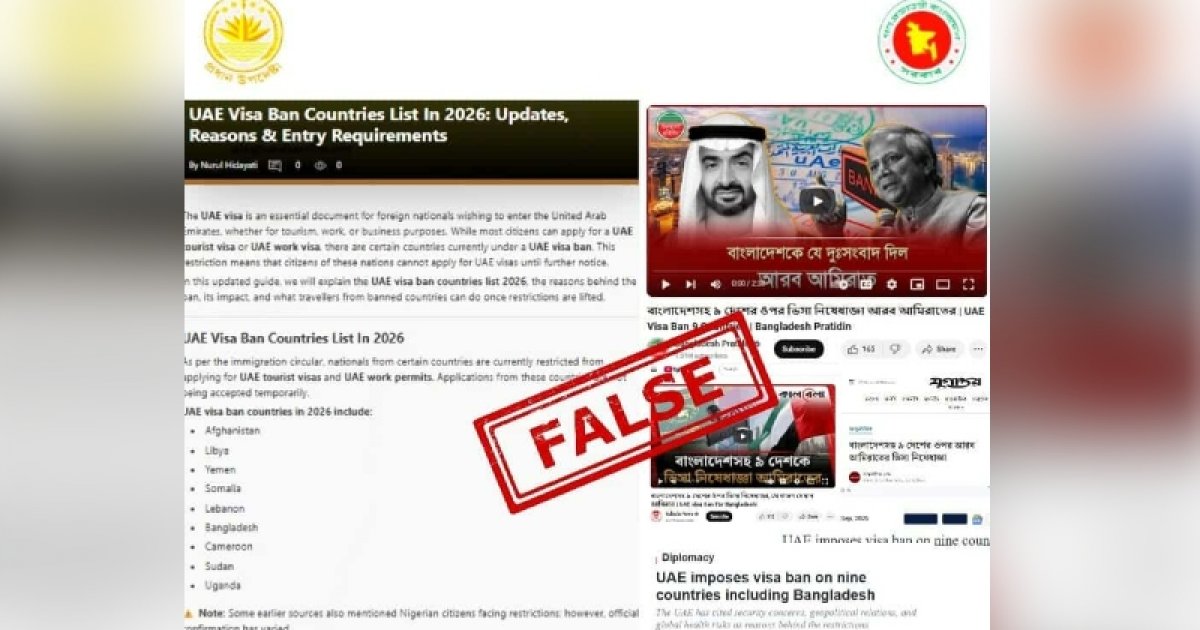U.K. Law On English Football Reflects Failure To Learn From American Sports Law
The post U.K. Law On English Football Reflects Failure To Learn From American Sports Law appeared on BitcoinEthereumNews.com. Photo by Carl Recine/Getty Images Getty Images On July 21, 2025, the British Parliament passed the Football Governance Act which creates a government agency – the Independent Football Regulator (IFR) – for purposes of regulating English football. The IFR’s authority is broad and deep, including the authority to approve or disapprove of new club owners, control various club decisions on things such as relocation and branding, influence the distribution of certain league revenues, require fan engagement on certain matters, and to investigate, intervene, and discipline for any violations. The law is a remarkable intervention into the operation of private sports businesses and reflects a bewildering failure to learn from the legal structure and operations of American sports leagues. The White Paper And The Free Market The genesis of the law was a February 2023 report from the government’s Department for Culture, Media and Sport. The report was in response to two principal concerns: (1) a series of bankruptcies and near bankruptcies by English clubs; and (2) the proposed European Super League, which threatened to draw the best English clubs farther away from the traditional English football system in which clubs can be promoted and relegated through multiple levels. The report proposed a “Regulator” that would license and regulate the 116 clubs in the top five tiers of English football, including through close and regular inspection of owner and club financials. The introduction of such a comprehensive government regulatory scheme merits scrutiny under free market principles, particularly in the lands of Adam Smith and Margaret Thatcher. It is generally accepted in classical liberal economic thinking that the state should only intervene where there has been a market failure, i.e., where the free market is unable to produce a socially desirable outcome. For example, governments regulate pollution and the environment because a…

The post U.K. Law On English Football Reflects Failure To Learn From American Sports Law appeared on BitcoinEthereumNews.com.
Photo by Carl Recine/Getty Images Getty Images On July 21, 2025, the British Parliament passed the Football Governance Act which creates a government agency – the Independent Football Regulator (IFR) – for purposes of regulating English football. The IFR’s authority is broad and deep, including the authority to approve or disapprove of new club owners, control various club decisions on things such as relocation and branding, influence the distribution of certain league revenues, require fan engagement on certain matters, and to investigate, intervene, and discipline for any violations. The law is a remarkable intervention into the operation of private sports businesses and reflects a bewildering failure to learn from the legal structure and operations of American sports leagues. The White Paper And The Free Market The genesis of the law was a February 2023 report from the government’s Department for Culture, Media and Sport. The report was in response to two principal concerns: (1) a series of bankruptcies and near bankruptcies by English clubs; and (2) the proposed European Super League, which threatened to draw the best English clubs farther away from the traditional English football system in which clubs can be promoted and relegated through multiple levels. The report proposed a “Regulator” that would license and regulate the 116 clubs in the top five tiers of English football, including through close and regular inspection of owner and club financials. The introduction of such a comprehensive government regulatory scheme merits scrutiny under free market principles, particularly in the lands of Adam Smith and Margaret Thatcher. It is generally accepted in classical liberal economic thinking that the state should only intervene where there has been a market failure, i.e., where the free market is unable to produce a socially desirable outcome. For example, governments regulate pollution and the environment because a…
What's Your Reaction?








































